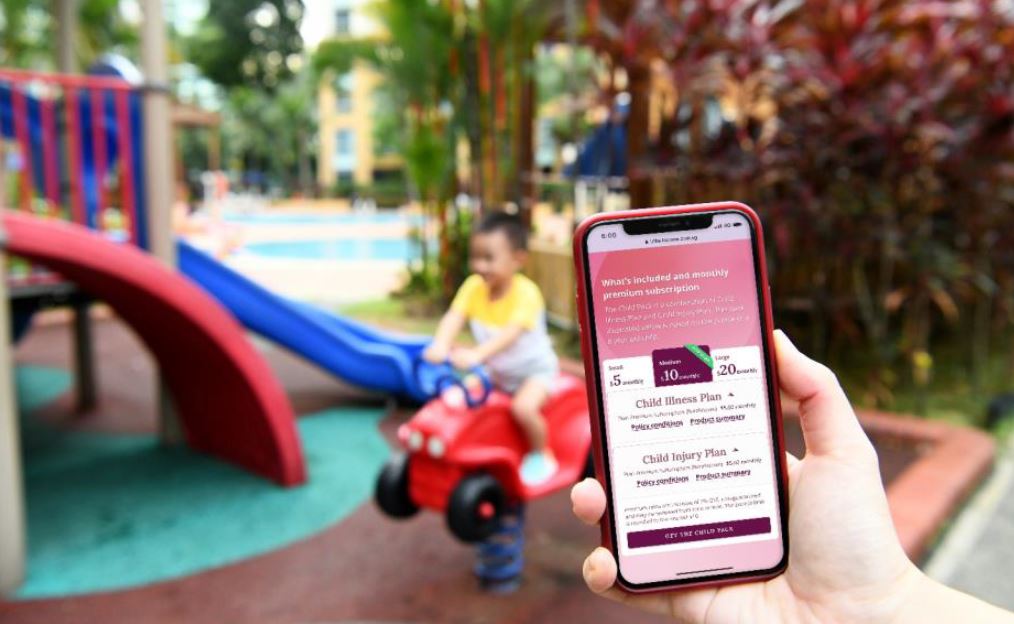Netflix is notorious for aggressively blocking VPNs. Fortunately, all the best Netflix VPNs stay one step ahead by getting fresh new IP addresses, using certain techniques to mask VPN traffic, and so on. But how successful will a free trial VPN be at unblocking Netflix? Will you still get the same benefits as if you were already a subscriber?
The short answer is yes, but your provider needs some specific features for the highest chance of success.
What to Look for in a Free Trial VPN
As mentioned, providers need to stay on top of Netflix’s VPN filtering systems. Otherwise, a huge portion of their subscribers would lose interest in the service – especially those that use VPNs exclusively for entertainment.
Comparing the various VPN available in the market like Surfshark vs CyberGhost, which would be the best to use?
Lots of Servers
One way Netflix blocks VPNs is by hiring companies to catalogue VPN IP addresses and blacklisting them. In concept, it’s not that different from blocking someone’s phone number, just on a massive scale. A top tier VPN has the necessary resources to maintain a large number of servers and gain new IP’s to counter that.
With a free trial VPN, you benefit from hundreds (even thousands) of servers from around the world. In contrast, a regular free VPN probably can’t keep up with how fast Netflix manages to block their IP’s. This is just one of their shortcomings, but more on that later.
Obfuscation
While the specifics of it aren’t publicized, Netflix and co. can detect and block VPN usage through traffic analysis. As such, VPNs need a way to mask your traffic to get past their filters. This is where obfuscation comes into play. By using obfuscated (aka “stealth”) servers, your VPN traffic is disguised as regular HTTPS traffic.
HTTPS is used by most websites nowadays, so your VPN can get past Netflix’s filters undetected. If your VPN provider correctly implements obfuscation, that is.
Why Use a Free Trial VPN Over a Free VPN?
We’ve already mentioned that free VPNs can’t compete when it comes to server quantity. Other than that, here’s why they’re not the best option for unblocking Netflix:
- Many impose data caps. Now, one hour of standard quality video is about 1 GB, according to Netflix themselves. For HD video, you’re looking at 3 GB per hour of video. The most generous free VPNs have data allowances of up to 10 GB a month. Hey, if you’re lucky, you might make it through one full season of a single show.
- They have slower speeds and network congestion problems. As you can imagine, having too many users on a small number of servers isn’t doing your VPN speeds any favors.
- They flat out don’t work with Netflix. You might get some anecdotal successes here and there, but then you risk running into the problems above.
Aside from the obvious time limit, free trial VPNs don’t suffer such restrictions. You’re essentially testing the full product, making it easier to decide whether the subscription is worth it.
Some providers even market their service as a “30-day free trial”, in reference to their 30-day money-back guarantee policy. Take advantage of such offers whenever you can, as free trials can be pretty short – up to a week on mobile devices, but usually much less (1 day) on desktops due to its potential for abuse.









![[Yoon Salon Review] Singapore’s Premium Hair Salon [Yoon Salon Review] Singapore’s Premium Hair Salon - Alvinology](https://media.alvinology.com/uploads/2020/08/IMG_3369-1024x768.jpg)
